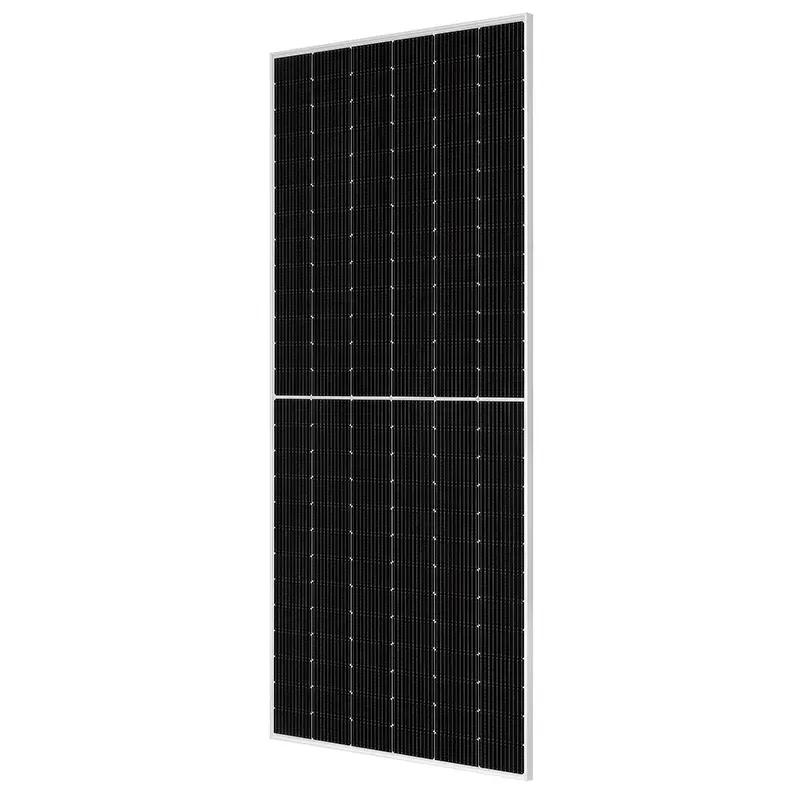high output solar panels
High Output Solar Panels Powering a Sustainable Future
In recent years, the push for renewable energy sources has intensified as concerns about climate change and energy sustainability become more pressing. Among the various renewable energy technologies, solar power has emerged as a leading contender. With advancements in technology, high output solar panels have become a game-changer in maximizing energy efficiency, affordability, and environmental impact.
Understanding High Output Solar Panels
High output solar panels, also known as high-efficiency solar panels, are designed to convert a greater percentage of sunlight into usable electricity compared to traditional solar panels. While standard solar panels typically have an efficiency range of 15% to 20%, high output panels can achieve efficiencies of 22% and above. This means they can produce more energy in the same space, making them an attractive option for both residential and commercial installations.
Technological Innovations
The efficiency of solar panels is primarily determined by the materials used in their construction and their design. High output solar panels commonly use monocrystalline silicon, which is known for its superior efficiency and longevity. New technologies, such as bifacial solar panels that collect sunlight from both sides and heterojunction technology that combines different types of solar cells, have further enhanced energy absorption capabilities.
Additionally, advancements in anti-reflective coatings and cell structures—like half-cut cells—have reduced energy losses and improved overall performance in varying weather conditions. These innovations contribute to producing more energy per square meter, which is crucial for urban areas where space is limited.
Economic Advantages
Investing in high output solar panels can lead to significant long-term financial benefits. Although they typically come with a higher upfront cost compared to traditional panels, their efficiency means that they can generate more energy over their lifespan, leading to lower electricity bills. In many cases, the initial investment can be recouped through energy savings within a few years.
high output solar panels

Moreover, many governments offer incentives and rebates for installing solar panels, further enhancing their economic feasibility. The decreasing cost of solar technology—driven by increased competition and innovation—has also made high output solar panels more accessible to a broader audience.
Environmental Impact
High output solar panels are not just an economical choice; they are also a critical tool in combating climate change. By generating clean, renewable energy, they significantly reduce greenhouse gas emissions associated with fossil fuels. The more energy that can be produced from solar sources, the less reliance on non-renewable energy sources, contributing to a more sustainable and environmentally friendly energy landscape.
Additionally, solar panels have a small carbon footprint in comparison to fossil fuel energy sources, and their installation contributes to job creation in the renewable energy sector. As more people shift towards high efficiency solar panels, the grid becomes greener, and communities can enjoy cleaner air and reduced health risks associated with pollution.
Future Trends
The solar energy industry is continually evolving, with a focus on enhancing the output and efficiency of solar panels. Research is ongoing in various areas, such as transparent solar cells that can be integrated into windows, and solar skins that allow for more aesthetically pleasing installations. These innovations aim to further integrate solar energy into everyday life while continuing to maximize efficiency and output.
Moreover, the development of energy storage solutions, such as improved battery technology, allows consumers to effectively utilize the energy produced by high output solar panels even when sunlight is not available. The synergy between high-efficiency solar panels and energy storage systems is poised to revolutionize how we produce and consume energy.
Conclusion
High output solar panels represent a significant advancement in solar technology, offering both economic and environmental advantages. As technology continues to improve, these panels are becoming increasingly accessible and efficient, playing a vital role in the global transition towards renewable energy. Investing in high output solar panels is not only a step towards sustainable living, but it is also a commitment to a cleaner and more prosperous future for generations to come. Embracing this technology is essential to realizing the full potential of solar energy as a cornerstone of a sustainable energy ecosystem.
-
String Solar Inverter: The High-Efficiency Solution for Smart Solar EnergyNewsJul.14,2025
-
Revolutionizing Rooftop Energy with the Power of the Micro Solar InverterNewsJul.14,2025
-
Power Independence with Smart Off Grid Solar Inverter SolutionsNewsJul.14,2025
-
On Grid Solar Inverter: Powering the Future with Smart Grid IntegrationNewsJul.14,2025
-
Monocrystalline Solar Panels: High-Efficiency Power for the Future of Clean EnergyNewsJul.14,2025
-
Bifacial Solar Panel: A Smarter Investment for Next-Generation Energy SystemsNewsJul.14,2025







